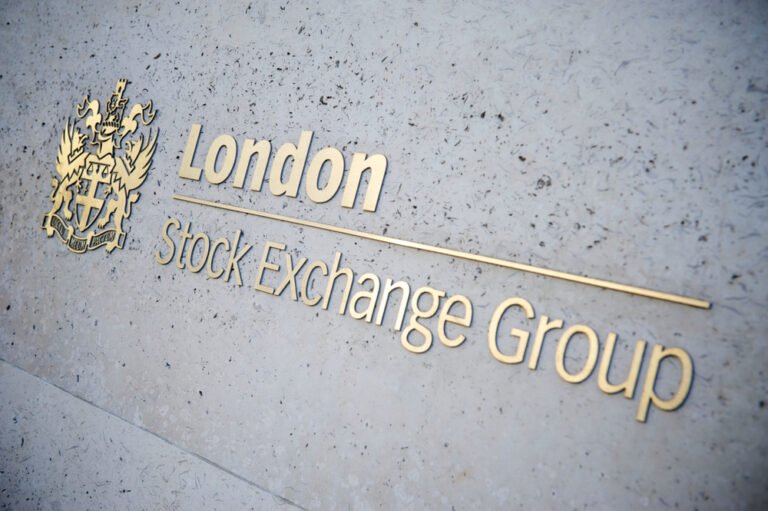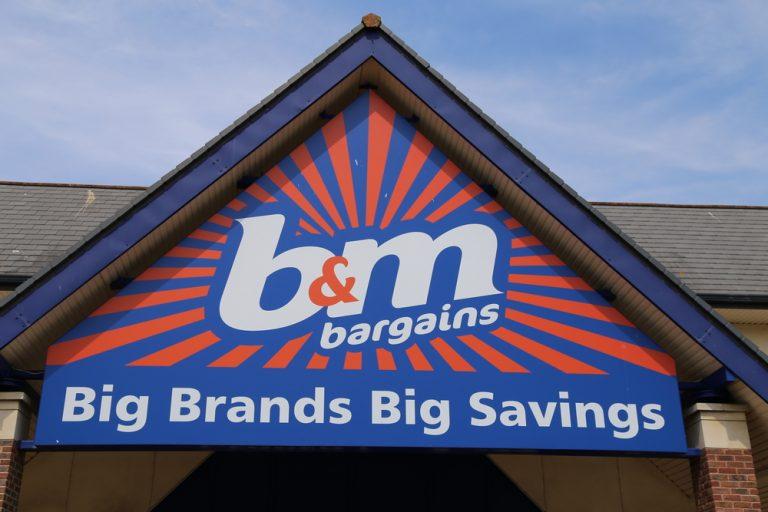North Sea gas project developer Deltic Energy (LON: DELT) says estimates of gross 2C contingent resources at the Selene gas project, where Deltic Energy has a 25% interest, increased by one-third to 174bcf and its share of post-tax NPV10 estimate is $83m met at 80p/therm. Modelling suggests enhanced production potential from the B-sand interval. A final investment decision could happen in early 2027. The share price is one-quarter higher at 5p.
Oracle Power (LON: ORCP) has completed the geochemical sampling programme at the Blue Rock copper and silver project in Western Australia. Assay results are expected in the next four weeks. The share price improved 14% to 0.0245p.
Digital mental health company Kooth (LON: KOO) doubled revenues to £66.7m in 2024, helped by contracts in California. That enabled Kooth to move into profit. Pre-share based payment profit was £11.1m. Net cash was £21.8m at the end of 2024. Growth will continue in the US despite the loss of a contract in Pennsylvania. There are plans to develop the Soluna product so that it can be launched in the UK, which remains a difficult market, and not all contracts have been retained. Kate Newhouse will take over as chief executive after the AGM. The share price increased 13.4% to 148.5p.
Ilika (LON: IKA) is successfully scaling up production of the Goliath battery. The scaled-up production yields are better than the pilot plant and the performance of the cells is superior. Standard production equipment can be used to manufacture the Goliath battery. The share price moved up 12.9% to 35p.
Wishbone Gold (LON: WSBN) has completed the reorganisation of the Western Australia subsidiary. Liabilities have been paid, and this is a step to taking full control of the Red Setter and Cottesloe projects. Geologist Edward Mead has been appointed a director, and he has experience in the Pilbara region of Western Australia. The share price rose 13.7% to 0.145p.
FALLERS
Steel structures supplier Billington (LON: BILN) had an exceptionally good 2023, so it is not surprising that revenues fell from £132.5m to £113.1m in 2024. That meant that pre-tax profit fell from £13.4m to £10.8m. There was a special dividend of 13p/share last year, so the ongoing dividend was raised from 20p/share to 25p/share. Trading got tougher in the second half and management is focusing on contacts with sufficient margins rather than chasing sales. Even so, the order book remains strong. Trading will be second half weighted in 2025, and pre-tax profit is expected to fall to £7.3m, downgraded by 24% from the previous Cavendish estimate. Net cash is £21.7m and it should not fall significantly this year, even after higher capital expenditure, which should peak this year. NAV is 410p/share. The share price slipped 20.3% to 362.5p, but there has been more buying of the shares later in the morning.
Marketing services provider Next 15 (LON: NFG) reported a 1% dip in net revenues and a 14% decline in underlying pre-tax profit in the year to January 2025. There was still £96m of cash generated from operations, which helped to finance £60m of contingent consideration payments. The dividend is maintained at 15.35p/share. Annualised savings of £45m have been made with most of this yet to show through in the results. Management describes trading as resilient. The share price fell 13.1% to 227.25p.
MaxCyte Inc (LON: MXCT) is cancelling its quotation on AIM and concentrating on the Nasdaq listing. More than 94% of the share trading is done via Nasdaq. Because of the Nasdaq listing there is no AIM requirement to gain shareholder approval, but the company’s own certificate of incorporation requires 75% of shareholder votes to be in favour. A resolution will be proposed at the AGM on 18 June. Fundraisings on AIM, which it joined in 2016 at 70p/share, helped the cell engineering company to grow and it joined Nasdaq in 2021. The share price decreased 6.8% to 179p.











